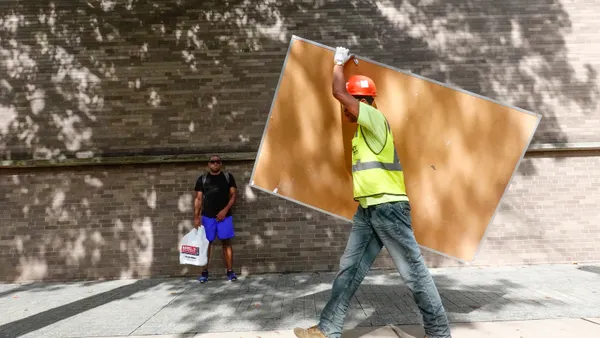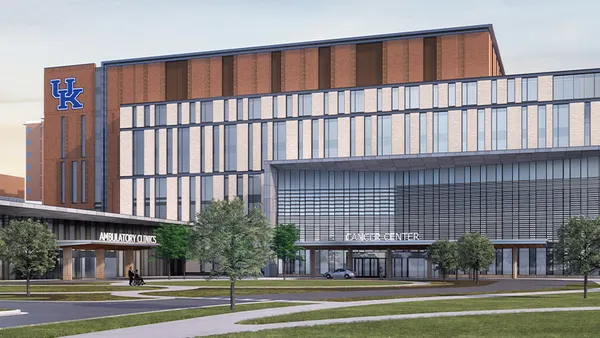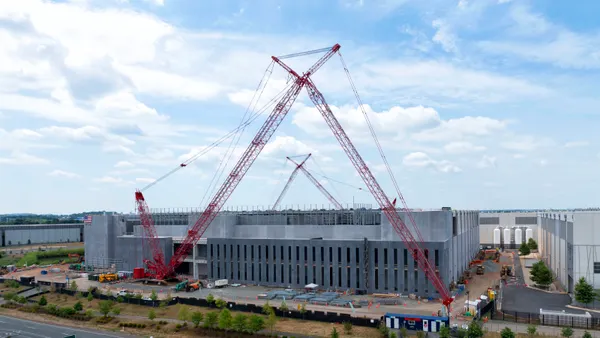Dive Brief:
-
Small investors are securing a bigger share of the housing market, widening the affordability gap in the entry-level category, according to Bloomberg, citing a new report from Attom Data Solutions and Clear Capital. The share of non-owner occupied homes purchased last year rose to 37% — a 21-year high since the company began tracking the figure.
-
The shift comes as home-price increases cause large institutional investors, who jumped into the housing market following the collapse, to pull back. That group accounted for 2.9% of home sales in 2016 compared to 7.8% in 2012.
-
Single-family rental investors typically focus on the lower end of the market, where there is a concurrent inventory shortage in for-sale properties. According to the report, the rental investor influx could be taking away inventory from households that would otherwise purchase a property.
Dive Insight:
While tight inventory across the board remains a challenge, limited for-sale supply at the entry level is one of the primary hurdles facing millennials who are considering the purchase of a home. In an interview with HousingWire last week, Attom Senior Vice President Daren Blomquist noted that fewer homeowners on the lower end of the market today are trading up, an act that would otherwise open considerable inventory targeting younger, first-time buyers.
Among the reasons for the stasis are that many of those existing homeowners refinanced under historically low interest rates recently, as well as the influx of single-family investors into the market, which are subsequently buying up entry-level properties for conversion into rentals.
The share of the built-for-rent single-family market edged up slightly in 2016, while the larger percentage of single-family homes converted to or offered as rentals — 35% of the total rental housing stock — has grown considerably since the recession, according to the National Association of Home Builders. From 2005 to 2015, more than half (56%) of the growth in rental housing inventory came from single-family homes.
The single-family investor space has been active as a result. In January, real estate private equity firms GTIS Partners and 643 Capital Management combined to form StreetLane Homes, which will have a portfolio of more than 3,500 units valued at $445 million. That followed the 2015 merger of American Homes 4 Rent and American Residential Properties in a $1.5 billion deal.
Earlier this month, Blackstone Group’s Invitation Homes single-family rental business unit raised $1.54 billion in an initial public offering amid an overall slowdown in real estate investment trust public filings. Since 2012, the company has spent $10 billion buying and converting distressed homes.
For more housing news, sign up for our daily residential construction newsletter.












